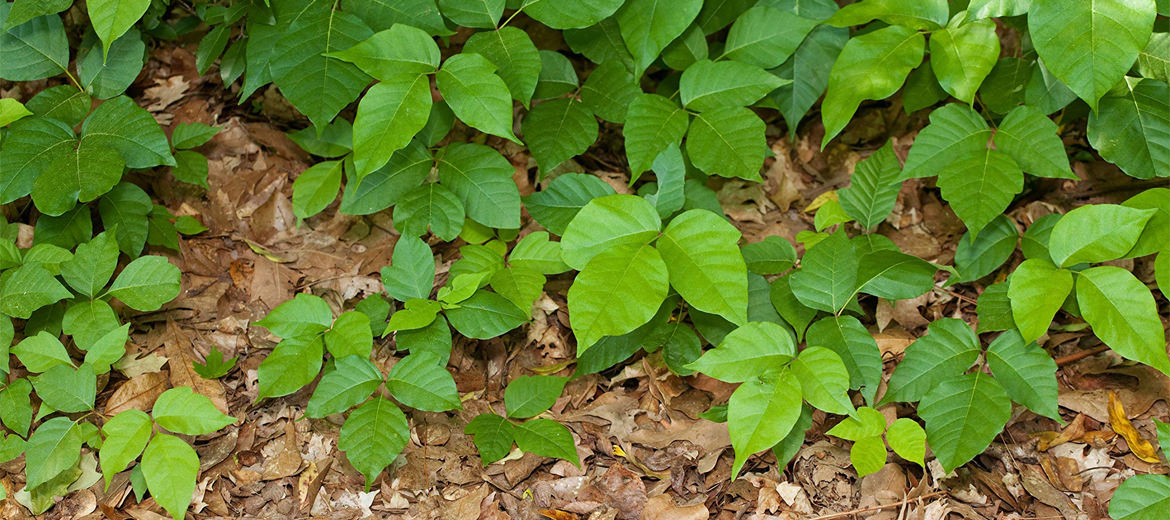myDoc Urgent Care wishes everyone is doing well in this lovely season of late Spring / early Summer of 2023. As many of us pursuit outdoor activities, we’d like to share this information with you.
Poison ivy rash is a common allergic reaction caused by contact with the plant called poison ivy, which is prevalent throughout Pennsylvania and is typically found in wooded areas, along riverbanks, and in open fields. The rash is a result of contact with the plant’s sap, which contains a substance called urushiol. Urushiol is an oily resin that can remain active on various surfaces, such as clothing, tools, and pets, for months or even years, making it easy to spread.
Symptoms:
Upon contact with urushiol, the majority of individuals experience an allergic reaction characterized by an itchy, red rash. The symptoms usually appear within 12 to 48 hours but can occur as early as a few hours or as late as a week after exposure. The rash often presents as red, swollen, and blistered skin, and it may be accompanied by intense itching, burning sensations, or even pain. In severe cases, individuals may also experience fever and difficulty breathing.
Treatment:
Treating poison ivy rash focuses on relieving symptoms and reducing inflammation. The following steps can be taken:
- Wash the affected area: Immediately after exposure, wash the skin thoroughly with soap and water to remove the urushiol oil and minimize its absorption. Avoid using hot water as it can open the pores and allow deeper penetration of the oil.
- Use over-the-counter remedies: Applying calamine lotion, hydrocortisone cream, or cool compresses can help alleviate itching and reduce inflammation. Antihistamines such as diphenhydramine can also provide relief from itching.
- Avoid scratching: Scratching can lead to further skin irritation and potential infection. Trim nails short and consider wearing gloves or covering the affected area to prevent scratching during sleep.
- Seek medical attention: If the rash covers a large area, persists for more than two weeks, or becomes infected, it is advisable to consult a healthcare professional. They may prescribe stronger topical steroids or oral medications to manage severe symptoms.
Prevention:
Preventing poison ivy rash is essential for residents and visitors in Pennsylvania. Here are some preventive measures to consider:
- Learn to identify poison ivy: Familiarize yourself with the appearance of poison ivy plants, which typically have clusters of three leaflets with smooth or slightly notched edges. Avoid touching or brushing against any unfamiliar plants during outdoor activities.
- Wear protective clothing: When venturing into areas where poison ivy is likely to grow, wear long sleeves, long pants, and closed-toe shoes. Consider using gloves and consider tucking pants into socks to minimize the risk of contact.
- Use barrier creams: Apply a barrier cream or lotion containing bentoquatam, such as IvyBlock, to exposed skin areas before potential exposure. These products create a protective barrier against urushiol, reducing the chance of absorption.
- Wash belongings and pets: If you suspect exposure to poison ivy, wash clothing, shoes, and any other items that may have come into contact with the plant. It is also essential to wash pets that may have brushed against poison ivy to prevent indirect transmission.
As always, myDoc Urgent Care is located in the City of Philadelphia, we’ll be happy to answer your questions. Give us a call at 215-800-1909.
Center City
1420 Locust St Philadelphia, PA 19102
Phone: 215.800.1909
University City
3717 Chestnut St. Philadelphi, PA 19104
Phone: 215.921.8294
Temple University Main Campus
1501 N. Broad Street, Phila, PA 19122
Phone: 267.457.5553
Chinatown
1008 Arch St. Philadelphia, PA 19107
Phone: 267.881.9111





